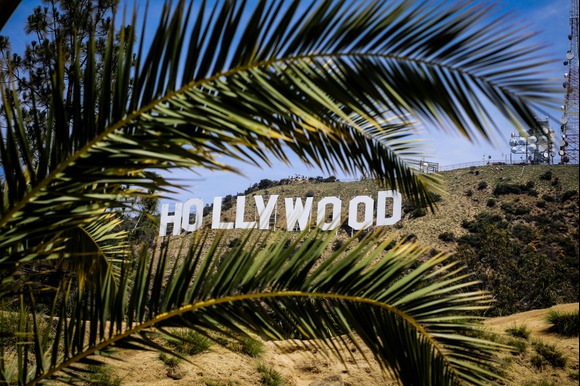Hollywood is facing new headwinds. Just days after U.S. President Donald Trump unveiled plans to impose a 100% tariff on films produced outside the United States, a group of high-profile actors and industry leaders, including Jon Voight and Sylvester Stallone, signed a letter to Trump urging him to bolster domestic film production through expanded tax incentives.
According to a report by Politico, the letter—endorsed by various film studios, labor unions, and prominent actors—calls for urgent reforms to the U.S. tax code to enhance the competitiveness of American film and television production. It emphasizes that strategic changes to sections 199, 181, and 461 of the Internal Revenue Code would lower production costs and attract more filmmaking back to the U.S., while creating jobs and fostering independent entrepreneurship.
“These powerful tax tools would make America instantly more competitive, boost the domestic media industry, revive American jobs, and uphold the spirit of American enterprise,” the letter states.
While the letter refrains from directly criticizing Trump’s controversial film tariff proposal, it thanks him for his ongoing support of the entertainment industry. “We appreciate and thank you for the support you have shown our industry. We also appreciate your understanding of the need to increase domestic film and television production to bring back American jobs,” the signatories wrote.
The group specifically advocated for the expansion of Section 181 to double the deductible limit on production expenditures to $30 million. They also pushed for reinstating Section 461, which would allow companies to carry back net operating losses, and continuing deductions under Section 199 for qualified domestic film and TV productions.
Trump’s recent announcement on his Truth Social platform labeled foreign-made movies as a “national security threat,” suggesting that such productions may import “messaging and propaganda” into the U.S. However, he did not provide details on how or when the proposed 100% tariff would be enforced.
An Associated Press report notes that Trump plans to meet with industry leaders to discuss the tariff proposal further. Experts cited in the report warned that such tariffs could significantly raise film production costs and disrupt international collaborations that are now common in the entertainment world.
The industry’s appeal to Trump reflects a delicate balancing act—welcoming policy changes that support domestic production while cautiously navigating the uncertainties of proposed protectionist trade measures.






